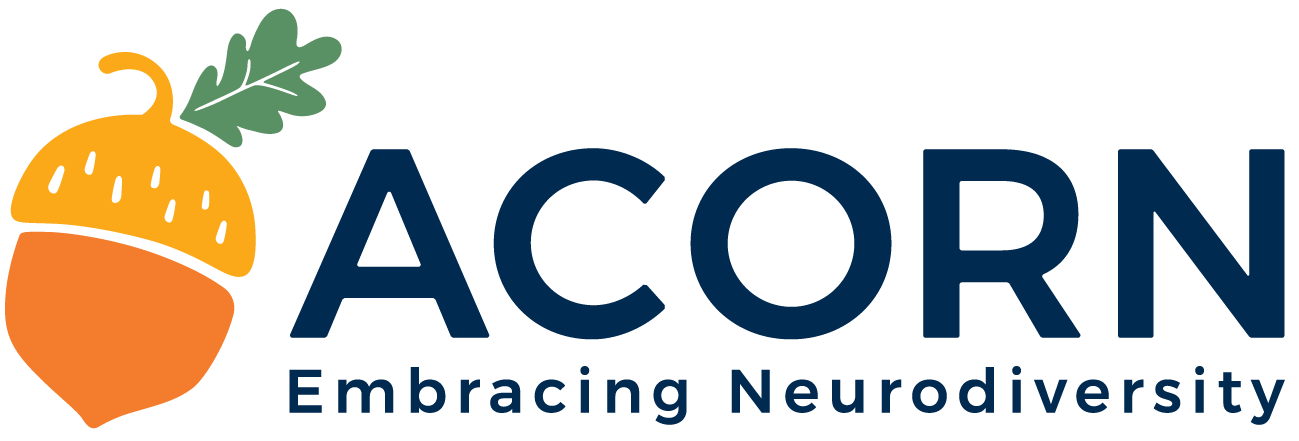Augmentative and Alternative Communication (AAC): An Introduction
What is AAC?
AAC stands for Augmentative and Alternative Communication.
Augmentative means to supplement or add to existing skills.
Alternative means to use something different.
Therefore, AAC is used to describe various methods of communication that can add to or replace speech in individuals who have no or limited verbal communication.
Types of AAC
AAC can be both ‘unaided’ and ‘aided’.
Unaided AAC is communication methods which only require use of the body e.g. body language, facial expression, getsure, eye pointing and sign language
Aided AAC is communication methods which use tools or materials
Aided AAC can be further categorised into low tech/ paper based and high tech
Low tech/ paper based AAC is using communication methods such as symbol boards, Picture Exchange Communication System (PECs), communication books and alphabet charts
High Tech AAC is using a speech generating device. This may be a device purely for the purpose of communication (e.g. an Accent 1000), or it may be an app on a tablet or smartphone
Why use AAC?
Many children diagnosed with Autism are unable to verbally communicate their wants, needs and thoughts. When a child is unable to communicate, it can affect many aspects of their life including access to education, social relationships and behavioural difficulties due to the frustration of being unable to communicate effectively. Communication is a right which should be granted to every individual, regardless of their language learning abilities. AAC has many benefits for people who struggle to learn language. It can help support language learning, it can build stronger relationships with others and it can increase independence and decision making.
Further Information and Reading
At Acorn Autism, we understand the crucial role that AAC plays in providing our children with a means of communication. Our Speech and Language Therapists can give you lots of helpful information around AAC, how to introduce it and what to do next. Please feel free to contact us if you have any questions or an interest in our service.
The websites below are a great place to learn more information about AAC:
